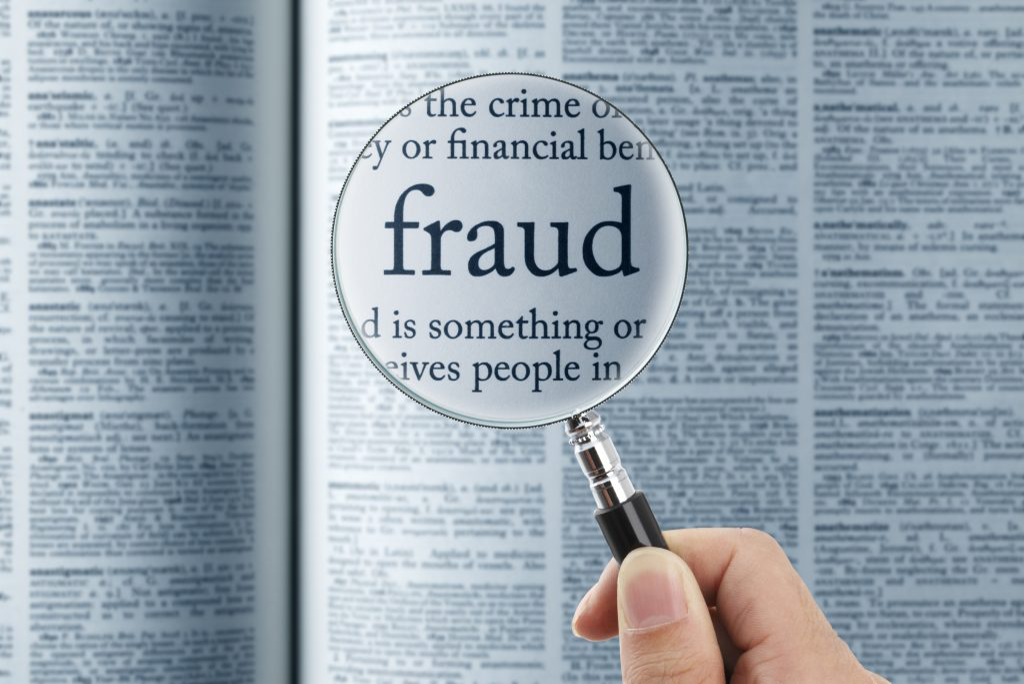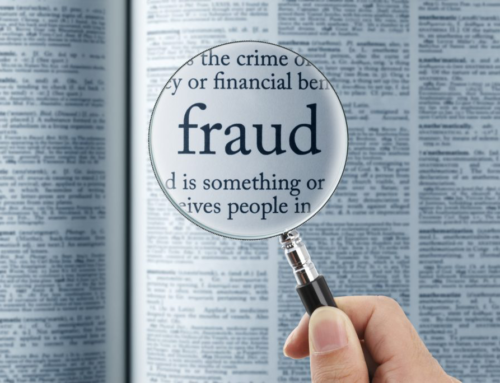 The former Hurricane Harvey has come and gone, leaving with it a wake of destruction and several lost lives. The storm could have cost billions of dollars in damage, but it’s not just floodwaters and building repairs that people worry about following hurricanes.
The former Hurricane Harvey has come and gone, leaving with it a wake of destruction and several lost lives. The storm could have cost billions of dollars in damage, but it’s not just floodwaters and building repairs that people worry about following hurricanes.
Authorities are bracing for a different post-hurricane fight: the fight against fraud.
After large disasters like Harvey or 2005’s Hurricane Katrina, which devastated New Orleans, federal and state officials will warn people to be prepared to be targeted by storm-related scams. These can include things like contract corruption, document fraud, identity theft, charity fraud, emergency assistance fraud and other crimes. Since 2005, a task force has been prosecuting those who perpetrate these scams. Nearly 1,500 defendants have been prosecuted for crimes associated with Hurricanes Katrina and Rita alone.
Here are some of the most common disaster scam scenarios.
Common Disaster Scams
- People claiming to be inspectors, like FEMA inspectors, insurance inspectors or even National Flood Insurance Program inspectors.
- Fraud submissions. People claiming that others have filed claims on their property already and that their Social Security numbers are being used by someone else.
- Charitable solicitations involving people posing as legitimate organizations that claim to be raising funds for others.
- Price gouging, when businesses or individuals raise prices to take advantage of the disaster.
- Contractor and vendor fraud, when people pose as repairmen with no intent to actually finish the jobs they are paid for.
Though this crime comes in many forms, what it essentially boils down to is intentional misrepresentation for the purpose of harming another person or profiting from them. If you have been accused of fraud, you want to immediately discuss the accusations with a criminal defense attorney. The penalties can vary widely, but they can be serious. Your attorney can help you plot your best defense to have potential penalties reduced or even dismissed.






